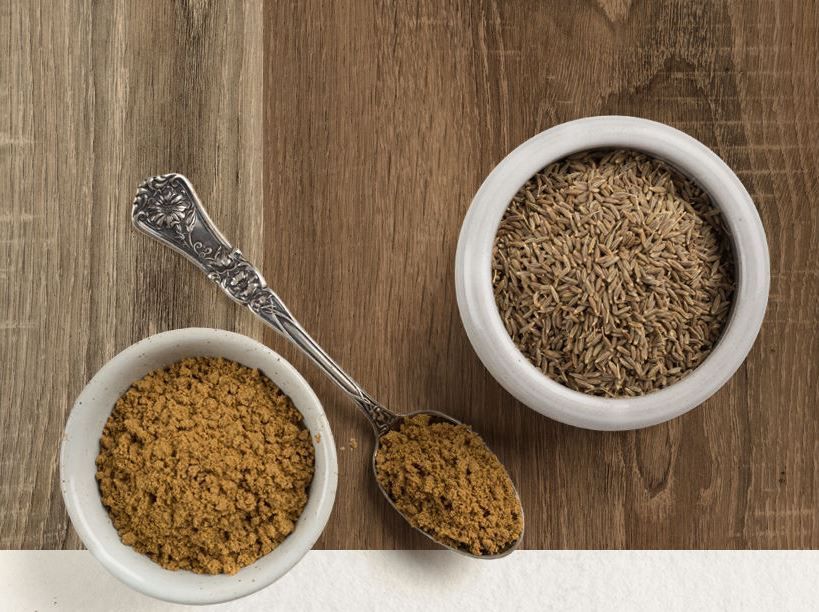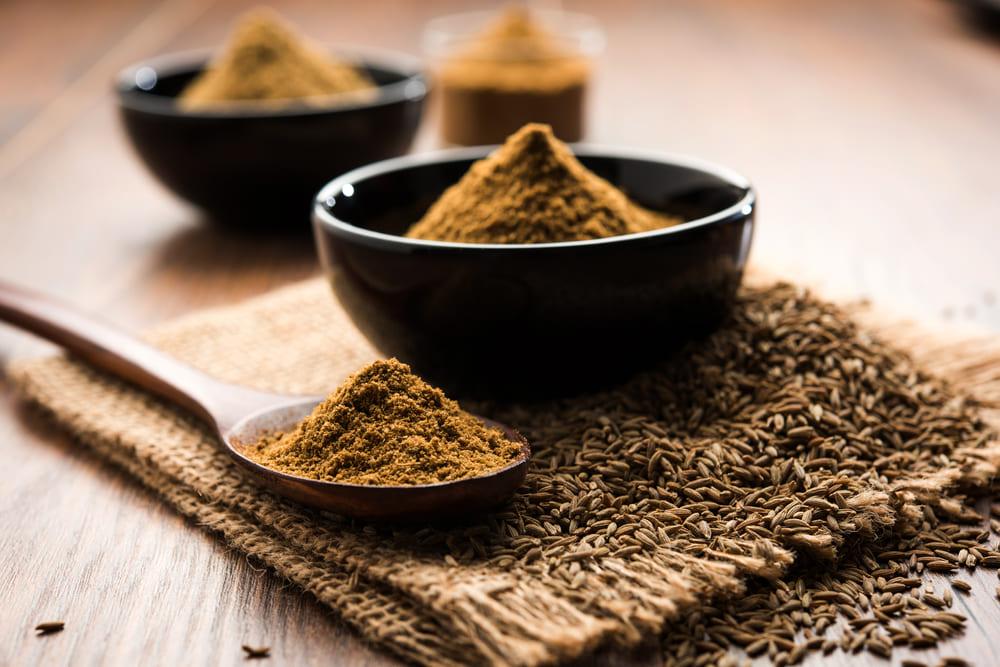Cumin, a humble spice often found in kitchens around the world, is more than just a flavor enhancer. With its warm, earthy aroma and distinctive taste, cumin has been a staple in culinary traditions for centuries. But did you know that this tiny seed is also packed with health benefits and medicinal properties?
In this blog post, we’ll explore the many benefits of cumin, its nutritional properties, and some important contraindications to keep in mind.
What is Cumin?
Cumin (Cuminum cyminum) is a flowering plant native to the Mediterranean and Southwest Asia. Its seeds are dried and used as a spice in a variety of cuisines, from Indian curries to Mexican dishes and Middle Eastern stews. Beyond its culinary uses, cumin has a long history in traditional medicine, particularly in Ayurveda and ancient Egyptian practices, where it was valued for its digestive and healing properties.
Nutritional Properties of Cumin
Cumin seeds are a powerhouse of nutrients. They are rich in:
- Iron: Essential for blood health and preventing anemia.
- Antioxidants: Help combat oxidative stress and inflammation.
- Vitamins: Including vitamin A, C, and E.
- Minerals: Such as calcium, magnesium, and potassium.
- Fiber: Supports digestive health.
- Essential Oils: Like cuminaldehyde, which gives cumin its distinct flavor and health benefits.
These nutrients make cumin a valuable addition to a balanced diet.
Health Benefits of Cumin
- Aids Digestion
Cumin is perhaps best known for its digestive benefits. It stimulates the production of digestive enzymes, helping to break down food more efficiently. It can also relieve bloating, gas, and indigestion. - Boosts Immune System
The antioxidants and vitamins in cumin help strengthen the immune system, protecting the body against infections and illnesses. - Improves Blood Sugar Control
Studies suggest that cumin may help regulate blood sugar levels, making it beneficial for people with diabetes or those at risk of developing the condition. - Promotes Weight Loss
Cumin has been linked to increased metabolism and fat burning. Some research shows that it can help reduce body weight and improve body composition when combined with a healthy diet and exercise. - Rich in Iron
For those with iron deficiency or anemia, cumin can be a natural way to boost iron levels and improve energy. - Anti-Inflammatory and Antimicrobial
The essential oils in cumin have anti-inflammatory and antimicrobial properties, making it useful for fighting infections and reducing inflammation in the body. - Supports Respiratory Health
Cumin’s anti-congestive properties can help relieve symptoms of colds, coughs, and bronchitis.
Contraindications and Precautions
While cumin is generally safe for most people when consumed in moderation, there are a few contraindications to be aware of:
- Allergies
Some individuals may be allergic to cumin, experiencing symptoms like skin rashes, swelling, or difficulty breathing. If you suspect an allergy, discontinue use and consult a healthcare professional. - Pregnancy and Breastfeeding
While cumin is often used to aid digestion, excessive consumption during pregnancy may stimulate uterine contractions. Pregnant and breastfeeding women should consult their doctor before using cumin in large amounts. - Bleeding Disorders
Cumin may slow blood clotting, so individuals with bleeding disorders or those taking blood-thinning medications should use it cautiously. - Surgery
Due to its potential to affect blood sugar levels and clotting, it’s advisable to stop consuming cumin at least two weeks before scheduled surgery. - Overconsumption
Excessive intake of cumin can lead to heartburn, nausea, or liver damage. Stick to moderate amounts in your diet.
How to Incorporate Cumin into Your Diet
Cumin is incredibly versatile and can be used in a variety of ways:
- Add ground cumin to soups, stews, and curries.
- Sprinkle roasted cumin seeds over salads or yogurt.
- Use it as a seasoning for roasted vegetables or meats.
- Brew cumin tea by steeping seeds in hot water for a soothing digestive drink.

Cumin is more than just a spice—it’s a natural remedy with a wide range of health benefits. From aiding digestion to boosting immunity and supporting weight loss, this ancient spice has earned its place in both the kitchen and the medicine cabinet. However, like any natural remedy, it’s important to use cumin mindfully and be aware of its potential contraindications.
Whether you’re sprinkling it on your favorite dish or brewing it into a tea, cumin is a simple yet powerful way to enhance your health and well-being. So, the next time you reach for that jar of cumin, remember: you’re not just adding flavor—you’re adding a touch of ancient wisdom to your meal.
Disclaimer: This blog post is for informational purposes only and is not a substitute for professional medical advice. Always consult a healthcare provider before making significant changes to your diet or health routine.

